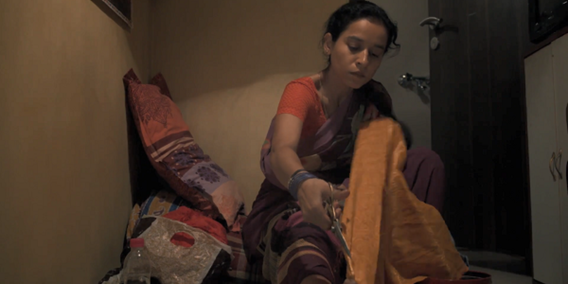What’s Happening In Your Body When You’re In Survival ModeIf your shoulders won’t soften. If your breath feels shallow for no good reason. If your mind is tired but refuses to sleep—you are not being irrational. You are being human. Your body is doing what it was built to do: protect you. This is not weakness. This is code written in your bones. “You’re not being dramatic. You’re being protective. And that protection is ancient.” The Science of Alarm (But Make It Intimate)Picture this: You’re alone, scrolling endlessly through the news. Your heart starts pounding. You don’t know why, but your stomach twists. Or someone’s tone shifts in a meeting—and suddenly, your whole body tenses. That language is biology. Your autonomic nervous system quietly manages your heartbeat, breath, and digestion—until something feels off. When that happens, your sympathetic nervous system (the internal alarm) takes over: jaw tightens, heart races, breath shortens. You’re primed to survive, not relax. When the threat doesn’t pass—when the pings don’t stop, the headlines spiral, and emotional labor piles up—your body stays braced. This is survival mode. It’s not you overreacting. It’s you adapting. Your parasympathetic nervous system is the recovery team—slowing your heart, deepening breath, restoring digestion. But it needs signals of safety. And in a chronically loud world, those signals are hard to come by. You’re not broken. You’re braced. And your body’s asking to be met with care. You don’t need to fix everything. Start by noticing. Place a hand on your chest. Breathe. Whisper to yourself: “In this moment, I am safe.” Explore Further
You weren’t made for constant crisis. But you were made to come home to yourself. We’re here to help you remember how. |







